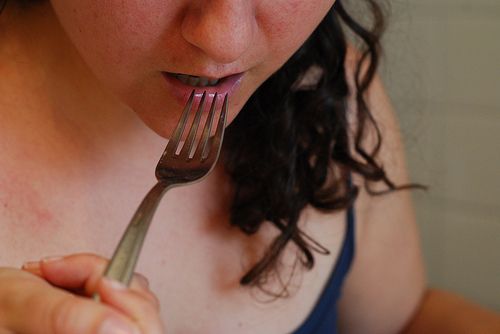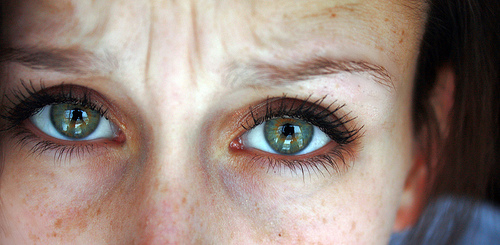During pregnancy bulimia decreases but binge eating disorder increases
 November 30, 2012 by
November 30, 2012 by  Sumati Gupta, PhD
Sumati Gupta, PhD  Strong food cravings and changing eating habits are normal experiences during pregnancy. For some women, however, the changes may be indicative of an eating disorder. A research study released online last week examined rates of binge eating and purging among women to find out how many of them developed, or recovered from, an eating disorder while pregnant.
Strong food cravings and changing eating habits are normal experiences during pregnancy. For some women, however, the changes may be indicative of an eating disorder. A research study released online last week examined rates of binge eating and purging among women to find out how many of them developed, or recovered from, an eating disorder while pregnant.
 Dr. Gupta is a licensed psychologist and professor at Barnard College, Columbia University. She specializes in the treatment of anxiety and eating/weight issues at
Dr. Gupta is a licensed psychologist and professor at Barnard College, Columbia University. She specializes in the treatment of anxiety and eating/weight issues at 








